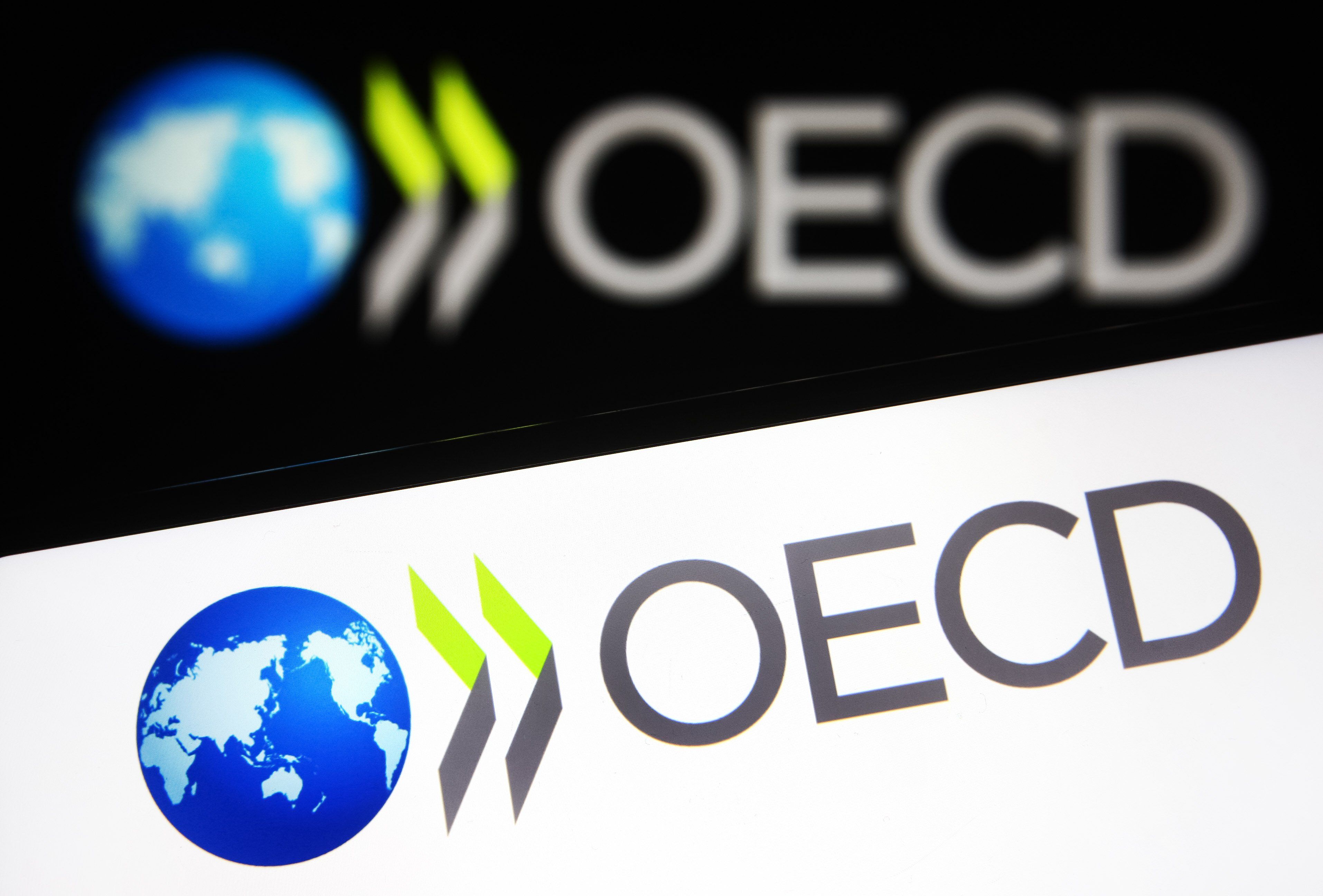‘Tis the summer for Trudeau vs. Big Tech. You’ll recall that Ottawa plans to make tech giants pay for linking to Canadian news and that the tech firms, in turn, have begun blocking access to news from the country’s outlets on their platforms.
Now, Canada is pressing ahead with a 3% digital services tax on big tech companies. The Liberals plan for the tax to come into effect on January 1, 2024 – after introducing the measure in the 2021 budget and delaying it by a year. The tax is part of an OECD plan to guarantee a 3% tax across jurisdictions that would discourage tech companies from setting up shop in one country over another to avoid paying taxes. It would also mean tech firms couldn’t bully countries into lowering taxes by threatening to leave for somewhere cheaper. But most of the 140+ countries involved, including the US, are not prepared to launch the measure. At least not yet.
There’s lagging support for it in the US Congress, and with Biden facing reelection, ratification of the tax could be politically costly. Washington has asked the OECD to delay implementation, and the organization has pushed the adoption of this measure to 2024. But Canada says it’s not going to wait. Washington is pushing Ottawa to relent, and both the US and Canadian business communities are warning of the risks of a unilateral move, such as trade retaliation from the US and, potentially, other countries – not to mention threats from tech companies themselves.
But Canadian Finance Minister Chyrstia Freeland, unmoved by the warnings, says the tax is in the national interest and that “Canada’s position is unchanged.” Question is, can the US or OECD get her to change her mind before winter?